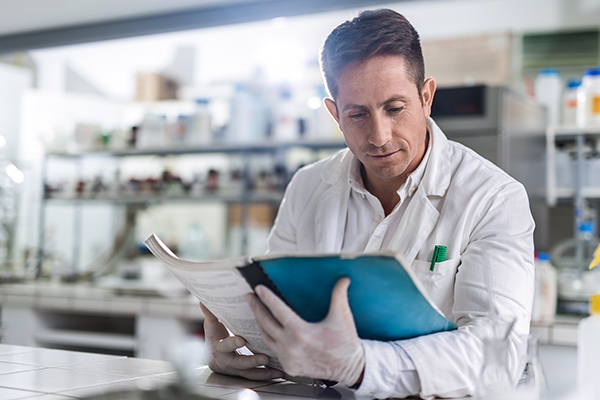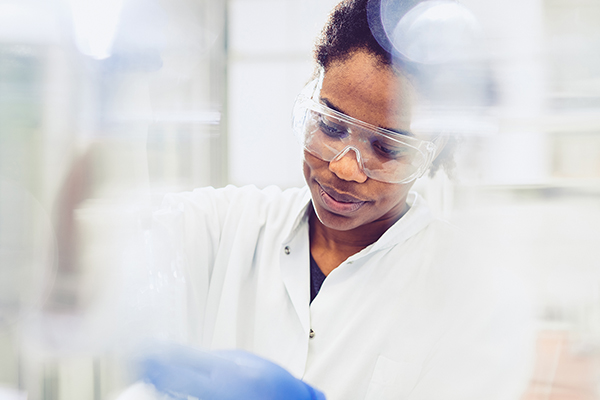Catalysis will play a pivotal role in overcoming the scientific and engineering barriers to sustainable and economically viable energy vectors that will enable greater energy storage breakthroughs. But, how can we recognize and address new challenges when we use chemicals from renewables or design of chemicals for closed-loop processes?
Join Adam Lee, Editor-in-Chief of Materials Today Chemistry and Professor of Sustainable Chemistry at Griffith University, and Adelina Voutchkova-Kostal, Director of the Office of Sustainability at ACS as they outline challenges and opportunities in the design of catalytic technologies for the upgrading of biomass to liquid transportation fuels as well as bio-derived molecules for fine chemical synthesis.
This ACS Webinar is moderated by Adelina Voutchkova-Kostal of the American Chemical Society and is co-produced with the ACS Green Chemistry Institute.
* If you are having technical difficulties viewing the video please try different internet browsers like Chrome, Firefox, and Explorer. If you still can not access the video please review the following computer prerequisites from our video hosting platform.
What You Will Learn
- What are the life cycle considerations of catalysts and of biomass conversion processes
- What role does catalysis play in addressing barriers to economically-viable closed loop manufacturing from renewables and what is the emerging role of supported heterogeneous catalysts in energy efficient conversion of bio-oil components into biofuels
- What are the advances in the rational design of nanoporous solid acid and base catalysts that enable the fabrication of hierarchical porous architectures, with special emphasis on synergistic role of nanoparticles on solid acid or acid-base supports
Co-produced With
What an attendee said about this ACS Webinar!

I learned ways to increase efficiency of catalytic reactions. With respect to materials cost and availability (i.e. reducing dependency on specific suppliers with reference to political reasons), it is always helpful to have more economical and environmentally viable (e.g. reduce water usage in processes) options.











